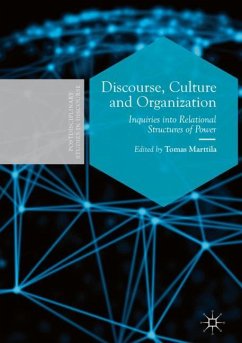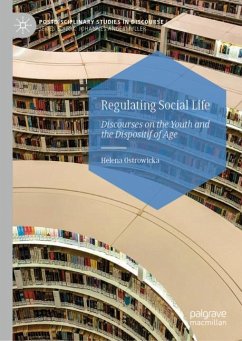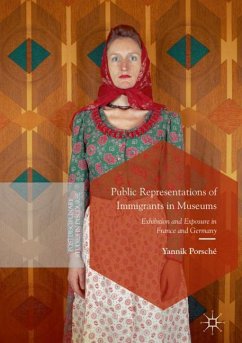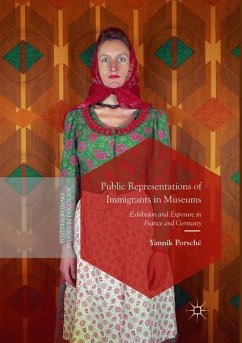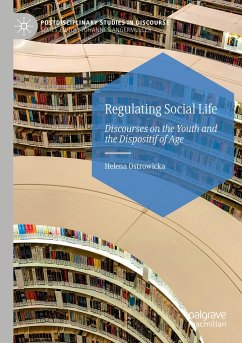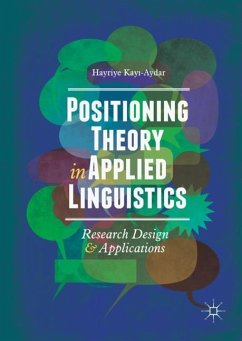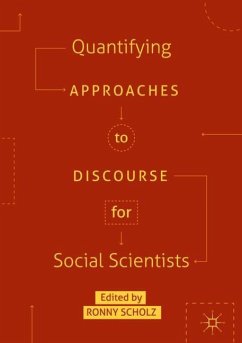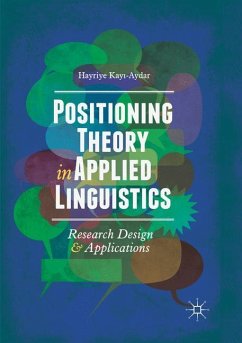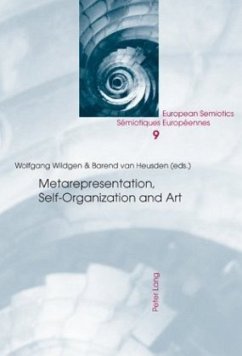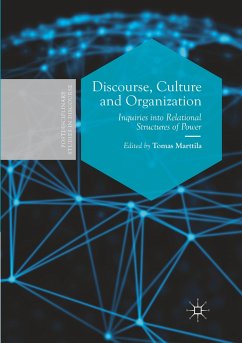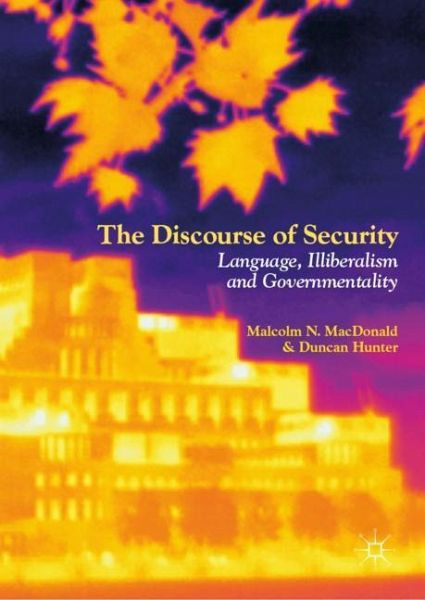
The Discourse of Security
Language, Illiberalism and Governmentality

PAYBACK Punkte
42 °P sammeln!
This book explores how language constructs the meaning and praxis of security in the 21st century. Combining the latest critical theories in poststructuralist and political philosophy with discourse analysis techniques, it uses corpus tools to investigate four collections of documents harvested from national and international security organisations. This interdisciplinary approach provides insights into the ways in which discourse has been mobilised to construct a strategic response to major terrorist attacks and geo-political events. The authors identify the way in which it is used to realize...
This book explores how language constructs the meaning and praxis of security in the 21st century. Combining the latest critical theories in poststructuralist and political philosophy with discourse analysis techniques, it uses corpus tools to investigate four collections of documents harvested from national and international security organisations. This interdisciplinary approach provides insights into the ways in which discourse has been mobilised to construct a strategic response to major terrorist attacks and geo-political events. The authors identify the way in which it is used to realize tactics of governmentality and form security as a discipline. This at once constructs a state of exception while also adhering to the principles of liberalism. This insightful study will be of particular interest to students and scholars of subjects such as applied linguistics, political science, security studies and international relations, with additional relevance to other areasincluding law, criminology, sociology and economics.



